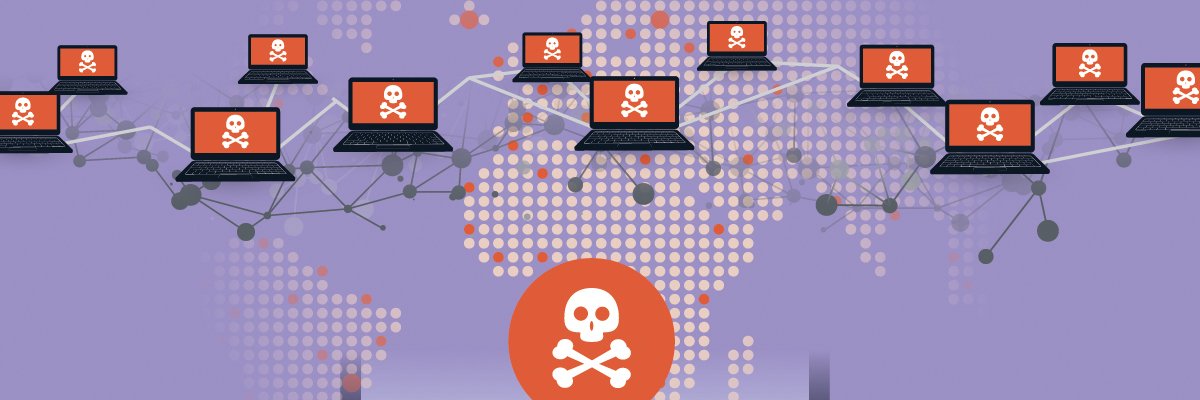Welcome to Xown Solutions, where technology meets innovation! Our website uses cookies to improve your browsing experience. We use essential session cookies for site functionality and preference cookies to remember your settings. Analytics cookies help us understand how you use our site while advertising cookies tailor ads to your interests. Security cookies keep your data safe, and we may also use third-party cookies for integrated content. You can manage your cookie preferences via your browser settings or our cookie consent banner. Your privacy and preferences are important to us at Xown Solutions. View more
Cookies settings
Accept
Decline
Privacy & Cookie policy
Privacy & Cookies policy
Cookies list
| Cookie name | Active |
|---|


